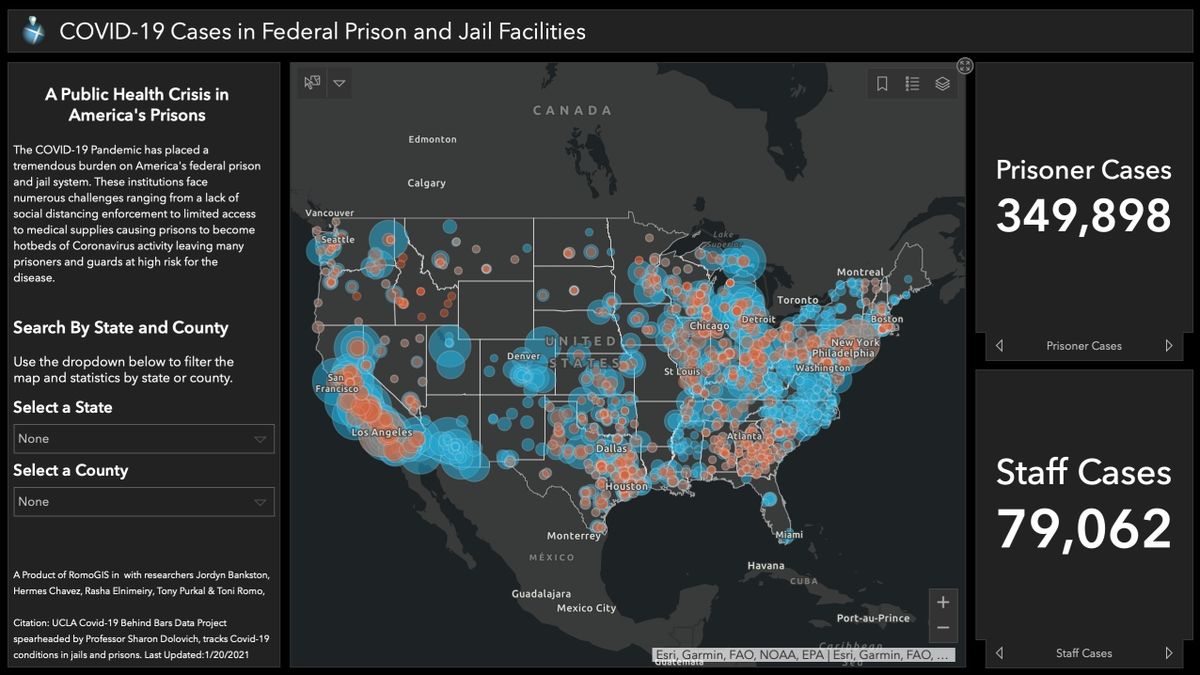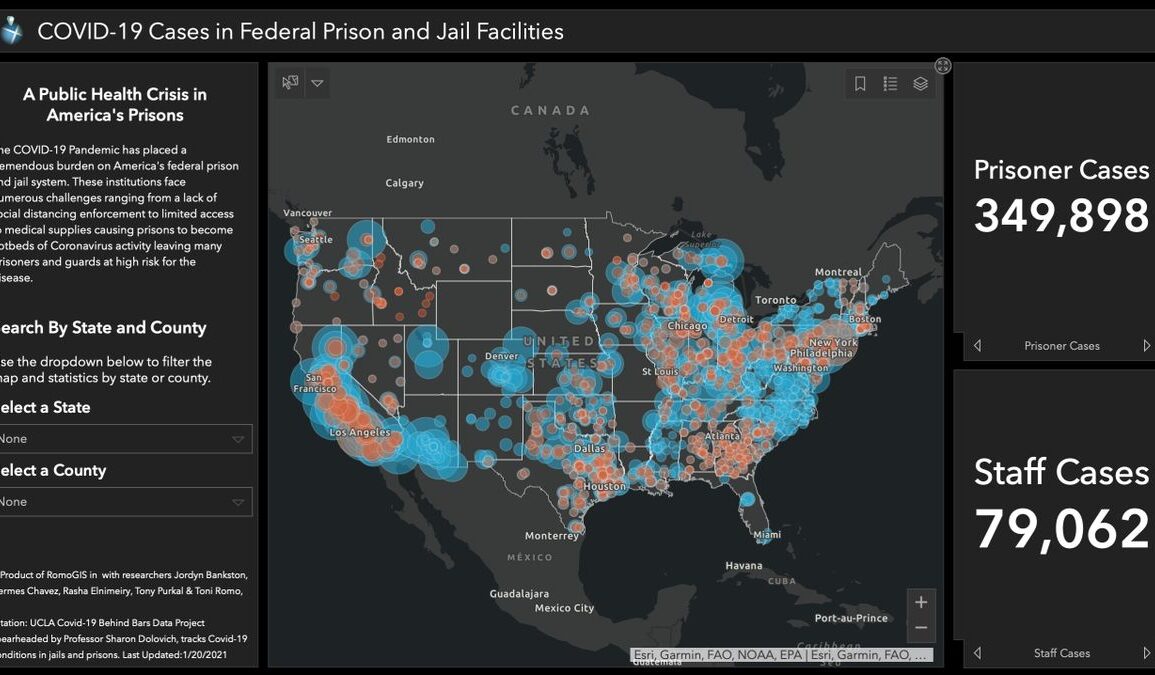
The current state of prisons in the USA has been widely acknowledged as a public health crisis. The COVID-19 pandemic has not only highlighted the extent of health issues in prisons, but it has also exacerbated the situation. The intersection of public health, the criminal justice system, and environmental issues is more apparent than ever before and demands urgent attention.
Overview: The Current State of Prisons in the USA
US prisons are plagued by numerous issues such as overcrowding, lack of proper healthcare, and the rampant spread of infectious diseases. The COVID-19 pandemic has added fuel to the fire, especially in terms of mental health and well-being of incarcerated individuals. In fact, systemic failures and operational challenges have led to increased mortality rates in federal prisons, highlighting the need for substantial reform in the Bureau of Prisons.
The Impact of the COVID-19 Pandemic
The pandemic has further exposed the public health crisis within the US prison system. With overcrowding, lack of access to healthcare, mental health issues, and substance abuse prevalent, the state of federal prisons is alarming. The COVID-19 crisis has underscored the need for urgent and effective interventions to address these pressing issues.
The Broader Public Health Ramifications
According to a recent report, the high rates of infectious diseases, mental health problems, and substance abuse among inmates pose a significant risk to public health upon their release. Overcrowding in prisons has led to a lack of proper medical care and increased spread of illnesses. This, in turn, makes the state of prisons in the USA not only a criminal justice issue, but a pressing public health concern with broader societal implications.
Barriers to Healthcare Access for Incarcerated Individuals
In a survey study involving 7963 individuals, it was found that people with a history of incarceration in the US were less likely to have a usual source of care and receive preventive services such as physical examinations, influenza shots, and colorectal and breast cancer screenings. Additionally, a history of incarceration was associated with worse access to and receipt of healthcare, with educational attainment and health insurance coverage contributing to these disparities. Therefore, efforts to improve access to education and health insurance coverage for people with an incarceration history might help mitigate disparities in care.
Addressing the Crisis: The Need for Urgent Action
In light of these findings and the current public health crisis in US prisons, urgent reforms are needed. The lessons learned from the COVID-19 pandemic should be applied to address not only the immediate healthcare needs of incarcerated individuals, but also the systemic issues within the criminal justice system. It is crucial to understand the interplay of public health, criminal justice, and environmental issues in order to devise effective solutions. The time to act is now, for the well-being of the incarcerated population and the broader public health.
This post was originally published on this site be sure to check out more of their content.









